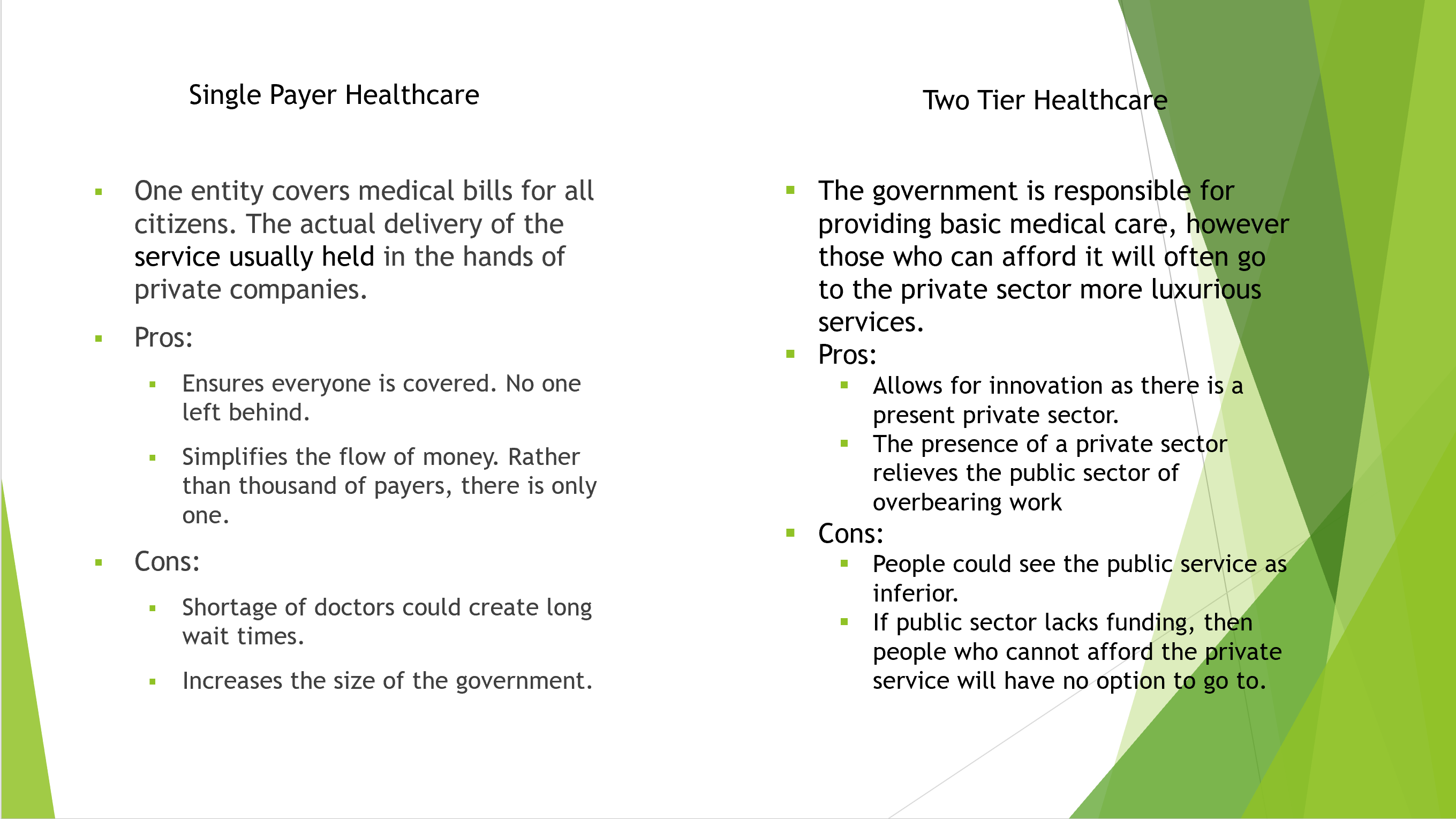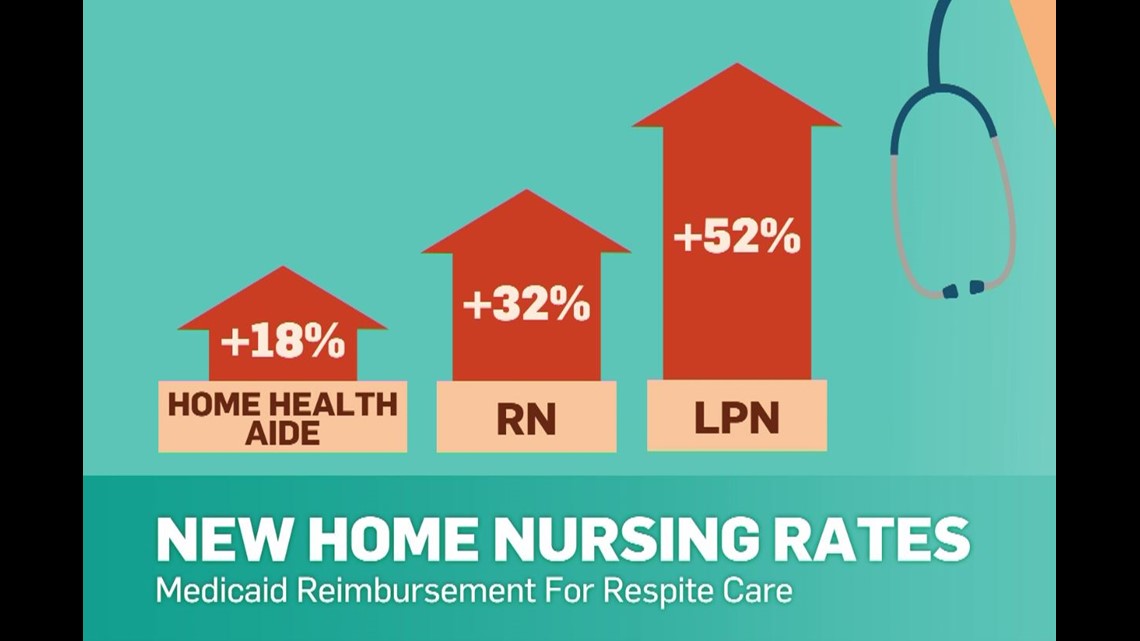I was informed that screening was "expense excessive" and might not offer conclusive outcomes. Paul's and Susan's stories are however two of literally thousands in which people die due to the fact that our market-based system rejects access to needed health care. And the worst part of these stories is that they were enrolled in insurance coverage however might not get needed healthcare.
Far even worse are the stories from those who can not pay for insurance coverage premiums at all. There is an especially big group of the Take a look at the site here poorest individuals who find themselves in this situation. Possibly in passing the ACA, the government imagined those persons being covered by Medicaid, a federally financed state program. States, however, are left independent to accept or reject Medicaid funding based upon their own solutions.
People captured in that gap are those who are the poorest. They are not eligible for federal subsidies because they are too poor, and it was assumed they would be getting Medicaid. These individuals without insurance number a minimum of 4.8 million adults who have no access to healthcare. Premiums of $240 each month with additional out-of-pocket costs of more than $6,000 per year prevail.
Imposition of premiums, deductibles, and co-pays is likewise inequitable. Some individuals are asked to pay more than others just due to the fact that they are sick. Charges in fact hinder the responsible use of healthcare by setting up barriers to access care. Right to health rejected. Expense is not the only way in which our system renders the right to health null and void.
Workers remain in tasks where they are underpaid or suffer violent working conditions so that they can keep medical insurance; insurance coverage that might or may not get them health care, however which is much better than nothing. In addition, those employees get health care just to the extent that their needs concur with their companies' definition of health care.

Pastime Lobby, 573 U.S. ___ (2014 ), which allows companies to refuse employees' coverage for reproductive health if inconsistent with the employer's faiths on reproductive rights. what is health care fsa. Clearly, a human right can not be conditioned upon the religions of another individual. To enable the workout of one human rightin this case the company/owner's religious beliefsto deny another's human rightin this case the staff member's reproductive health carecompletely beats the essential concepts of interdependence and universality.
Not known Details About Which Type Of Health Insurance Plan Is Not Considered A Managed Care Plan?
In spite of the ACA and the Burwell choice, our right to health does exist. We should not be confused in between medical insurance and health care. Relating the 2 may be rooted in American exceptionalism; our country has long deluded us into thinking insurance coverage, not health, is our right. Our federal government perpetuates this misconception by measuring the success of health care reform by counting how many individuals are insured.
For instance, there can be no universal access if we have just insurance coverage. We do not require access to the insurance office, however rather to the medical workplace. There can be no equity in a system that by its very nature revenues on human suffering and denial of a basic right.
In short, as long as we view medical insurance and healthcare as synonymous, we will never be able to claim our human right to health. The worst part of this "non-health system" is that our lives depend on the ability to gain access to healthcare, not medical insurance. A system that allows big corporations to benefit from deprivation of this right is not a healthcare system.
Only then can we tip the balance of power to demand our government institute a true and universal health care system. In a nation with some of the finest medical research, innovation, and specialists, people should not need to crave lack of More helpful hints healthcare (what is a deductible in health care). The real confusion lies in the treatment of health as a product.
It is a financial arrangement that has nothing to do with the actual physical or mental health of our nation. Even worse yet, it makes our right to healthcare contingent upon our financial abilities. Human rights are not products. The shift from a right to a product lies at the heart of a system that perverts a right into a chance for business revenue at the expenditure of those who suffer the most.
That's their company model. They lose money each time we really utilize our insurance coverage policy to get care. They have investors who expect to see huge earnings. To protect those revenues, insurance is readily available for those who can afford it, vitiating the actual right to health. The genuine meaning of this right to health care requires that all of us, acting together as a community and society, take obligation to guarantee that each person can exercise this right.
Some Known Details About When Is Health Care Vote

We have a right to the real health care imagined by FDR, Martin Luther King Jr., and the United Nations. We recall that Health and Human Being Services Secretary Kathleen Sibelius (speech on Martin Luther King Jr. Day 2013) guaranteed us: "We at the Department of Health and Person Providers honor Martin Luther King Jr.'s call for justice, and recall how 47 years ago he framed healthcare as a fundamental human right.
There is nothing more basic to pursuing the American dream than health." All of this history has nothing to do with insurance coverage, but only with a standard human right to health care - how much does medicare pay for home health care per hour. We understand that an insurance coverage system will not work. We must stop puzzling insurance coverage and healthcare and need universal health care.
We need to bring our federal government's robust defense of human rights house to protect and serve the people it represents. Band-aids will not fix this mess, but https://writeablog.net/othlas1qjb/inpatient-gos-to-were-the-least-expensive-at-8-percent-of-a-basic-inpatient a true health care system can and will. As people, we need to call and declare this right for ourselves and our future generations. Mary Gerisch is a retired attorney and health care supporter.
Universal healthcare refers to a national healthcare system in which every individual has insurance coverage. Though universal health care can refer to a system administered completely by the federal government, most countries attain universal health care through a combination of state and private individuals, including cumulative community funds and employer-supported programs.
Systems funded entirely by the government are thought about single-payer medical insurance. As of 2019, single-payer health care systems could be discovered in seventeen countries, including Canada, Norway, and Japan. In some single-payer systems, such as the National Health Providers in the UK, the federal government provides health care services. Under many single-payer systems, however, the federal government administers insurance coverage while nongovernmental organizations, including private business, supply treatment and care.
Critics of such programs compete that insurance coverage requireds force individuals to acquire insurance, weakening their personal liberties. The United States has had a hard time both with making sure health coverage for the whole population and with lowering overall healthcare expenses. Policymakers have actually looked for to resolve the issue at the local, state, and federal levels with differing degrees of success.